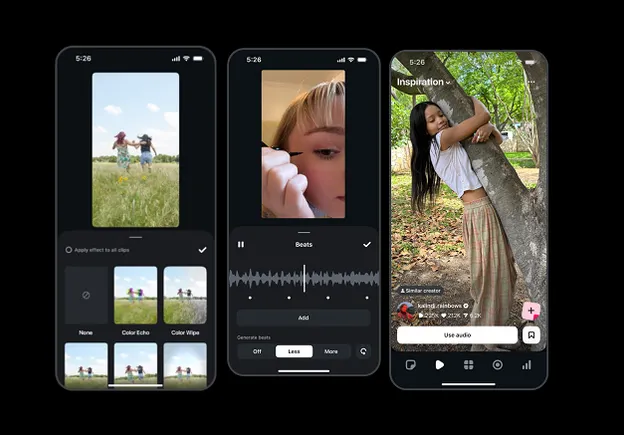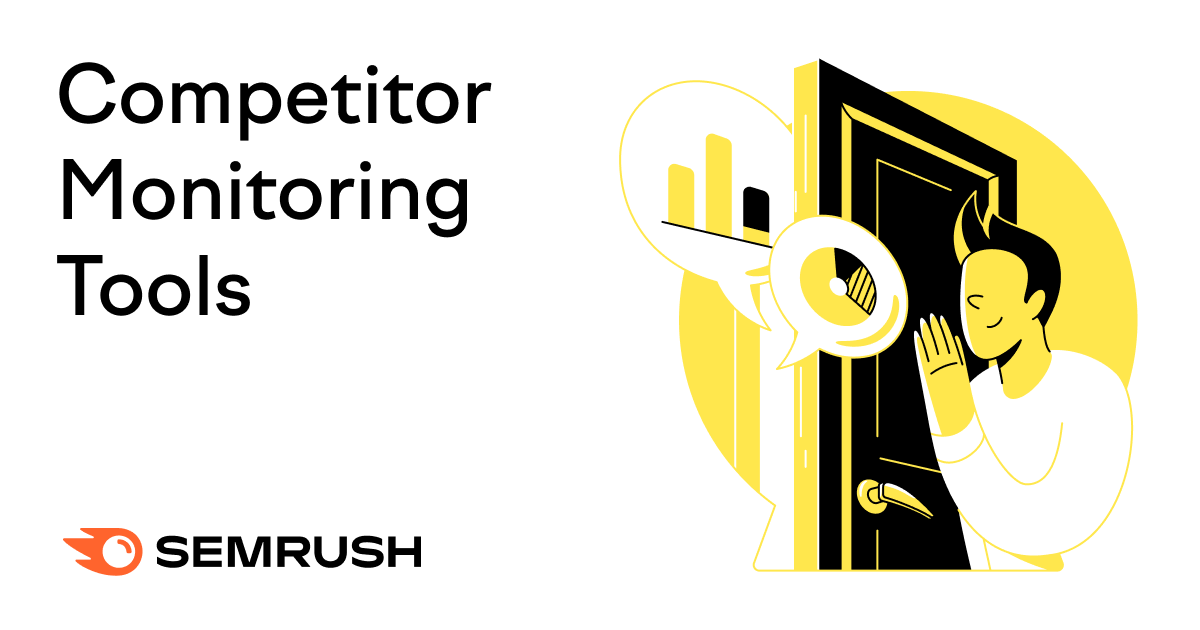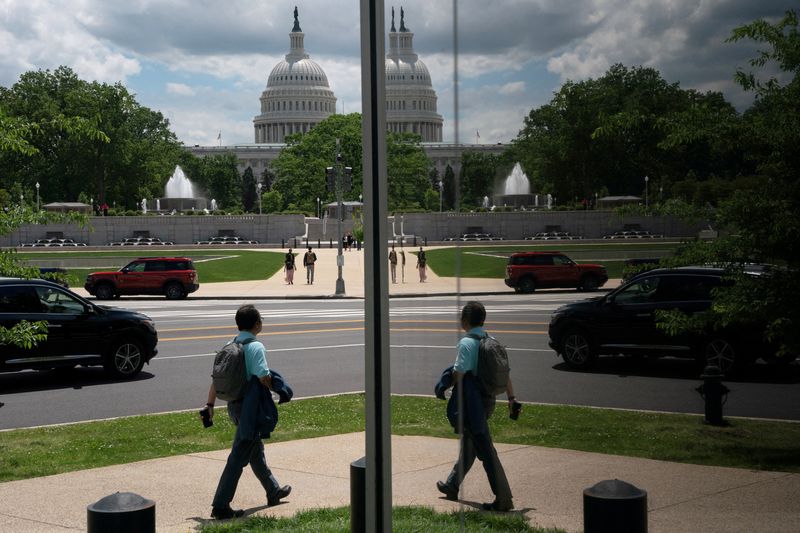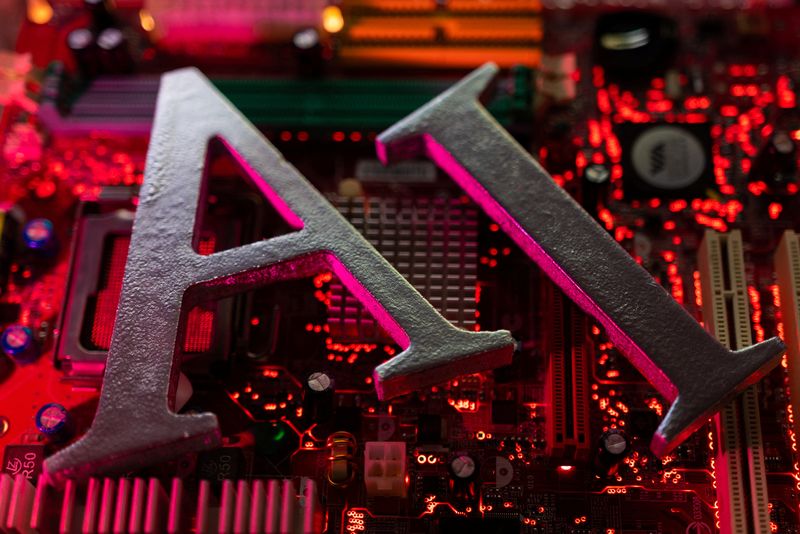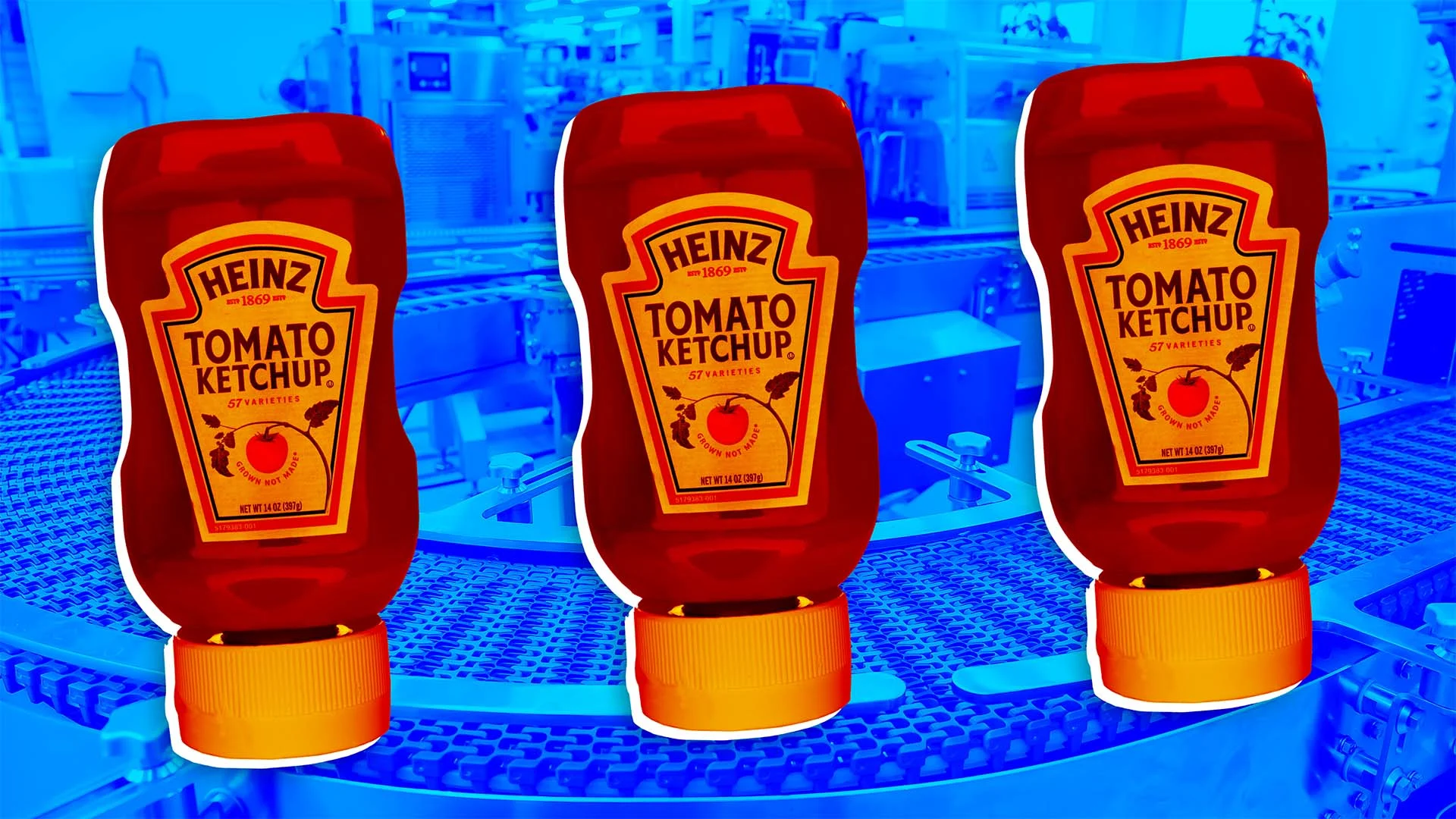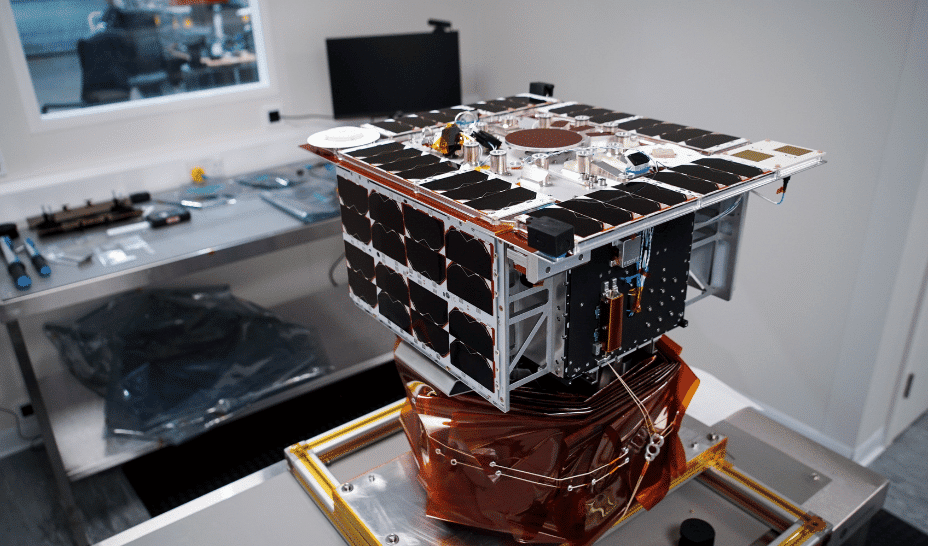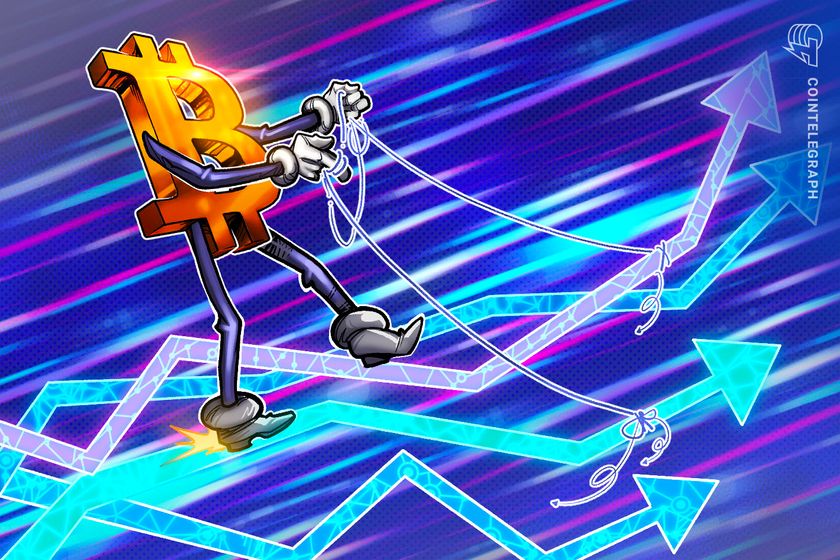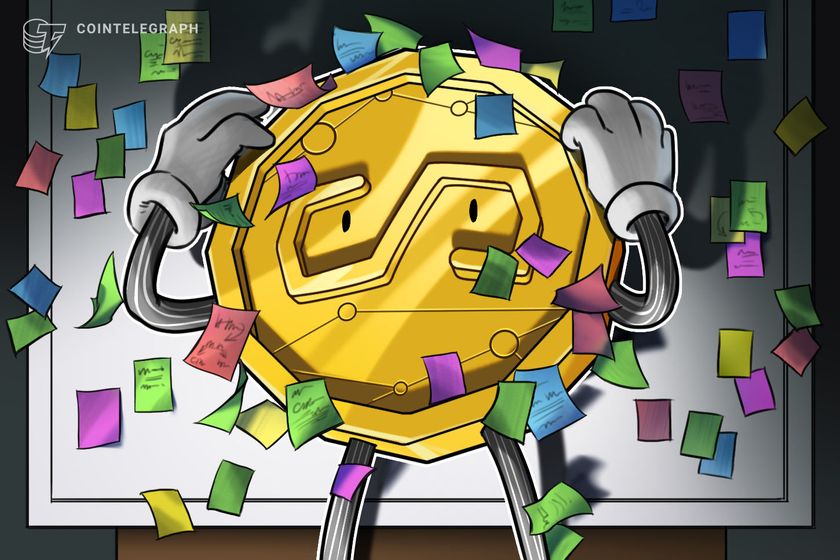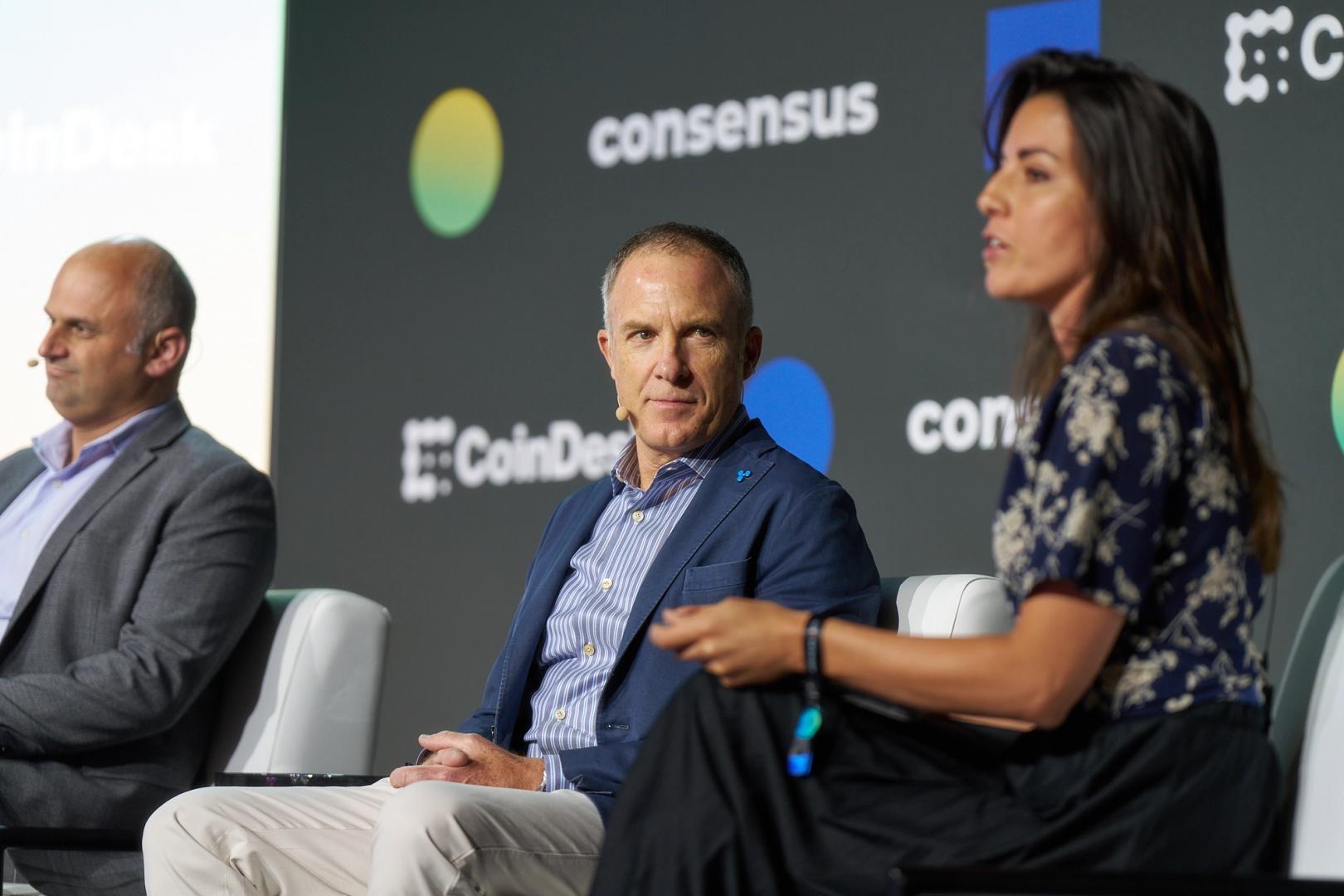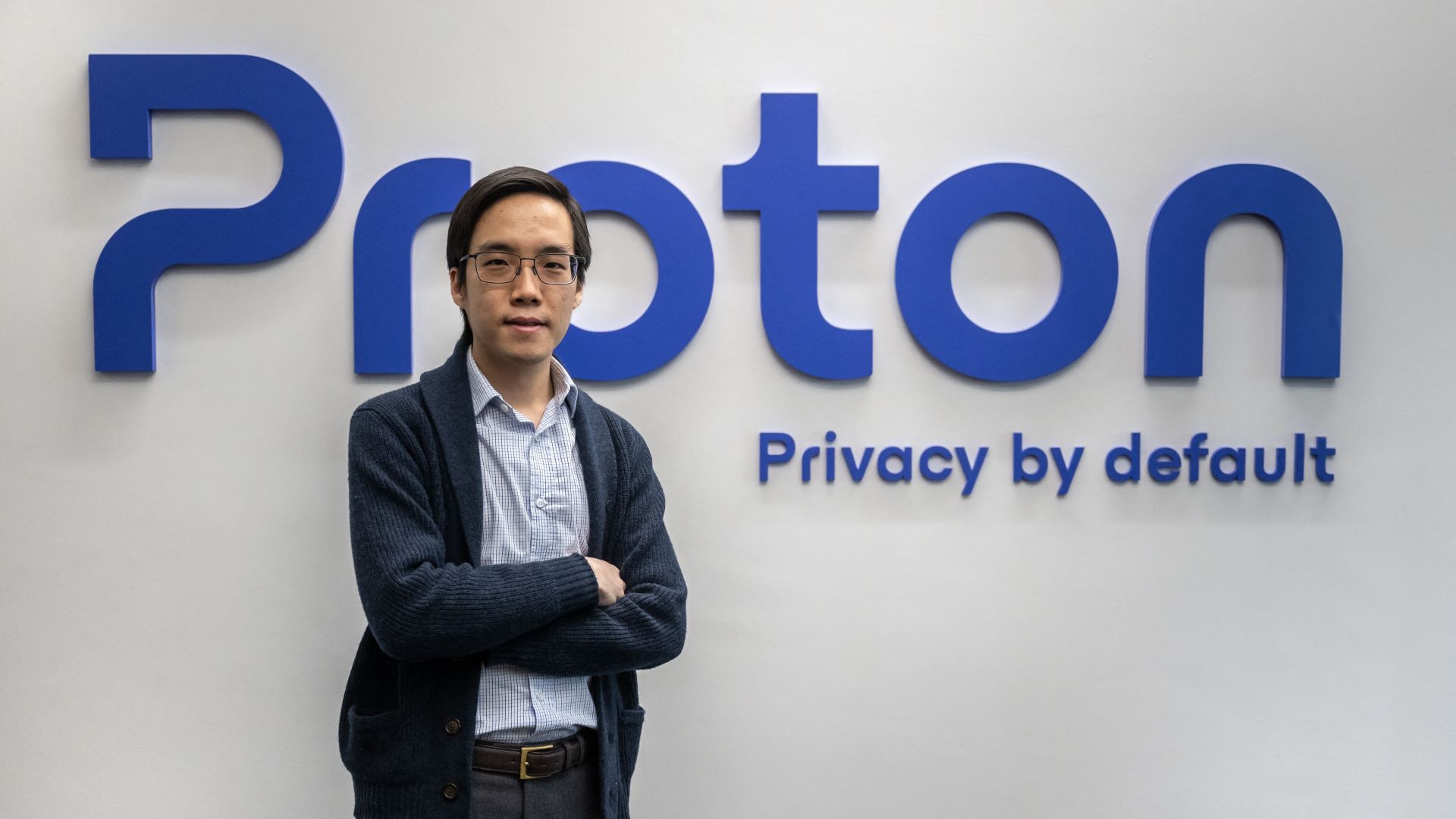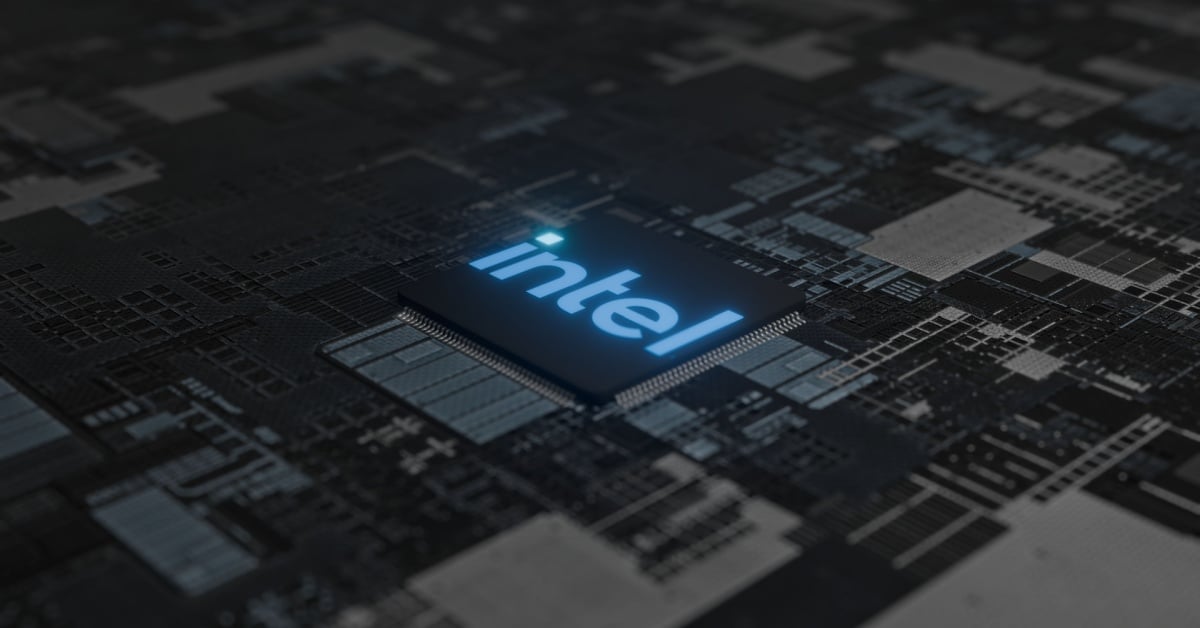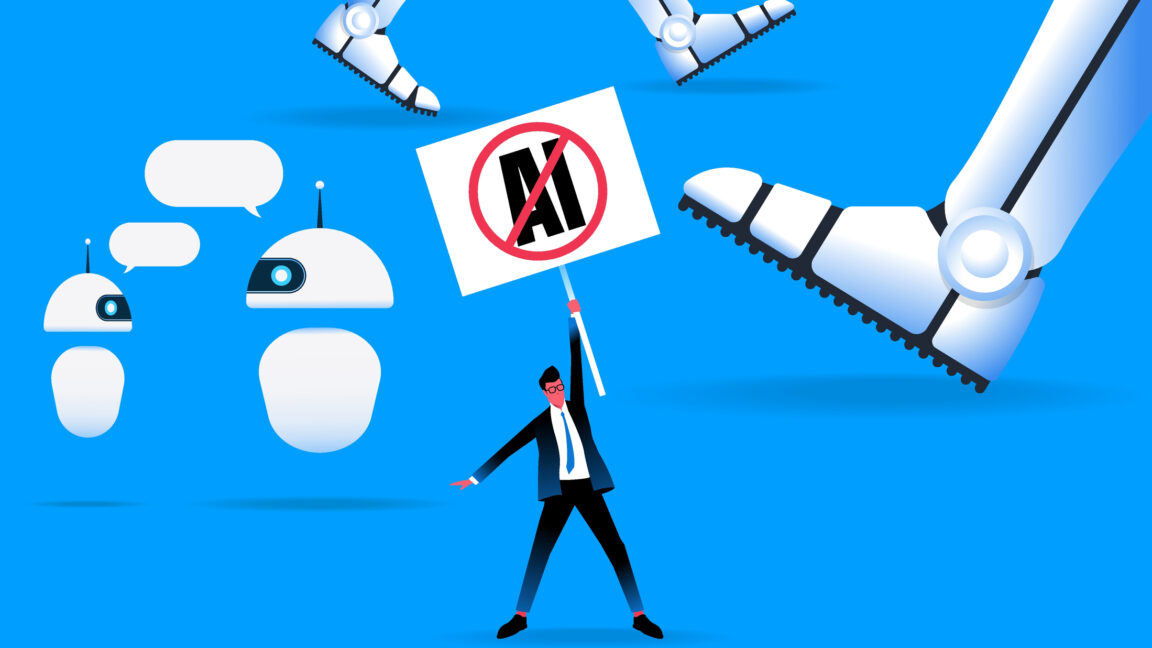Software engineer lost his $150K-a-year job to AI—he’s been rejected from 800 jobs and forced to DoorDash and live in a trailer to make ends meet
AI obsolescence is “coming for basically everyone in due time,” says one engineer who went from earning $150k to being locked out of the workforce for over a year.

- Anthropic CEO Dario Amodei has predicted that AI will be doing all coding tasks by next year—but an existential crisis is already hitting some software engineers. One man who lost his job last year has had to turn to living in an RV trailer, DoorDashing and selling his household items on eBay to make ends meet, as his once $150k salary has turned to dust.
Tech layoffs are nothing new for Shawn K (his full legal last name is one letter).
The software engineer first lost his job after the 2008 financial crisis and then again during the pandemic, but on both occasions, he was back on his feet just a few months later.
However, when K was given the pink slip last April he quickly realized this time was different: AI’s revolution of the tech industry was playing out right in front of him.
Despite having two decades of experience and a computer science degree, he’s landed less than 10 interviews from the 800 applications he’s sent out. Worse yet, some of those few interviews have been with an AI agent instead of a human.
“I feel super invisible,” K tells Fortune. “I feel unseen. I feel like I'm filtered out before a human is even in the chain.”
And while fears about AI replacing jobs have been around for years, the 42-year-old thinks his experience is only likely the beginning of a “social and economic disaster tidal wave.”
“The Great Displacement is already well underway,” he recently wrote on his Substack.
Making ends meet with DoorDash—he says it's a fate coming for 'basically everyone'
K’s last job was working at a company focused on the metaverse—an area that was predicted to be the next great thing, only to be overshadowed in part by the rise of ChatGPT.
Now living in a small RV trailer in central New York with no lead on a new tech job, K’s had to turn to creative strategies to make ends meet, and try to replace a fraction of his former $150,000 salary.
In between searching incessantly for new jobs, checking his empty email inbox, and researching the latest AI news, he delivers DoorDash orders, like Buffalo Wild Wings to a local Holiday Inn, and sells random household items on eBay, like an old laptop. In total, it only adds to a few hundred bucks.
He’s also considered going back to school for a tech certificate—or even to obtain his CDL trucking license—but both were scratched off his list due to their hefty financial barrier to entry.
K’s reality may shock some, considering that the U.S. Bureau of Labor Statistics has consistently labeled software engineering as one of the fastest growing fields, but stories like his may soon become all more common.
Earlier this year, the CEO of Anthropic Dario Amodei predicted that more software jobs will soon go by the wayside. By September, he said AI will be writing 90% of the code; moreover, “in 12 months, we may be in a world where AI is writing essentially all of the code,” he tells the Council on Foreign Relations.
In 2024, over 150,000 tech workers lost their jobs, and so far in 2025, that number has reached over 50,000, according to Layoffs.fyi.
“It’s coming for basically everyone in due time, and we are already overdue for proposing any real solution in society to heading off the worst of these effects,” K wrote.
“The discussion of AI job replacement in the mainstream is still viewed as something coming in the vague future rather than something that’s already underway.”
Losing his job isn’t the only issue
Despite being unemployed for over a year, K still hasn’t lost hope, nor is he necessarily mad at AI for replacing him and still calls himself an “AI maximalist.”
"If AI really legitimately can do a better job than me, I'm not gonna sit here and feel bad about, oh, it replaced me and it doesn't have the human touch,” K says.
What’s frustrating, he adds, is that companies are using AI to save money by cutting talent—rather than leveraging its power and embracing cyborg workers.
“I think there's this problem where people are stuck in the old world business mindset of, well, if I can do the same work that 10 developers were doing with one developer, let's just cut the developer team instead of saying, oh, well, we've got a 10 developer team, let's do 1,000x the work that we were doing before,” K says.
This story was originally featured on Fortune.com

![SWOT Analysis: What It Is & How to Do It [Examples + Template]](https://static.semrush.com/blog/uploads/media/86/6a/866a1270ca091a730ed538d5930e78c2/do-swot-analysis-sm.png)




